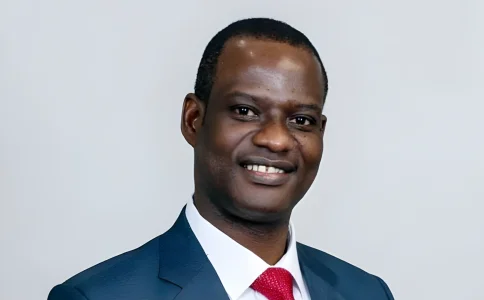
The Federal Government's cash transfer scheme has resumed, benefiting over 600,000 households. Finance Minister Wale Edun announced this during a review briefing, highlighting ongoing economic reforms and efforts to address food prices and inflation. The government aims to enhance transparency and stimulate economic growth.
In a significant development for Nigeria's social welfare programs, the Federal Government has resumed its cash transfer scheme, impacting over 600,000 households across the country. Finance Minister Wale Edun announced the update during a press briefing on Thursday in Abuja, part of the "Economic Recovery and Growth: Progress and Prospects 2024" review.
The resumption follows President Bola Tinubu's directive on July 18, 2023, to review the conditional cash transfer scheme amid a suspension of the National Social Investment Programme Agency (NSIPA) due to alleged mismanagement. The scheme's restart underscores the government’s renewed focus on transparency and accountability in social protection initiatives.
Edun emphasized the government’s commitment to enhancing the welfare of Nigerians and noted that the recent payments are a step towards rectifying economic disparities. He highlighted ongoing economic reforms aimed at boosting government revenues and improving fiscal stability, including the exit from the ways and means borrowing mechanism. Despite the temporary challenges posed by these reforms, Edun assured that economic policies are starting to yield positive results, such as reduced inflation growth and increased foreign investments.
One of the government's immediate priorities is to mitigate high food prices by supporting local food production, a critical factor in combating inflation. The finance minister expressed optimism that these measures will lead to sustained economic growth, job creation, and enhanced overall well-being for Nigerians.
The government’s efforts reflect a broader strategy to stabilize and stimulate the economy, with hopes of lifting millions out of poverty and fostering a more inclusive economic environment




